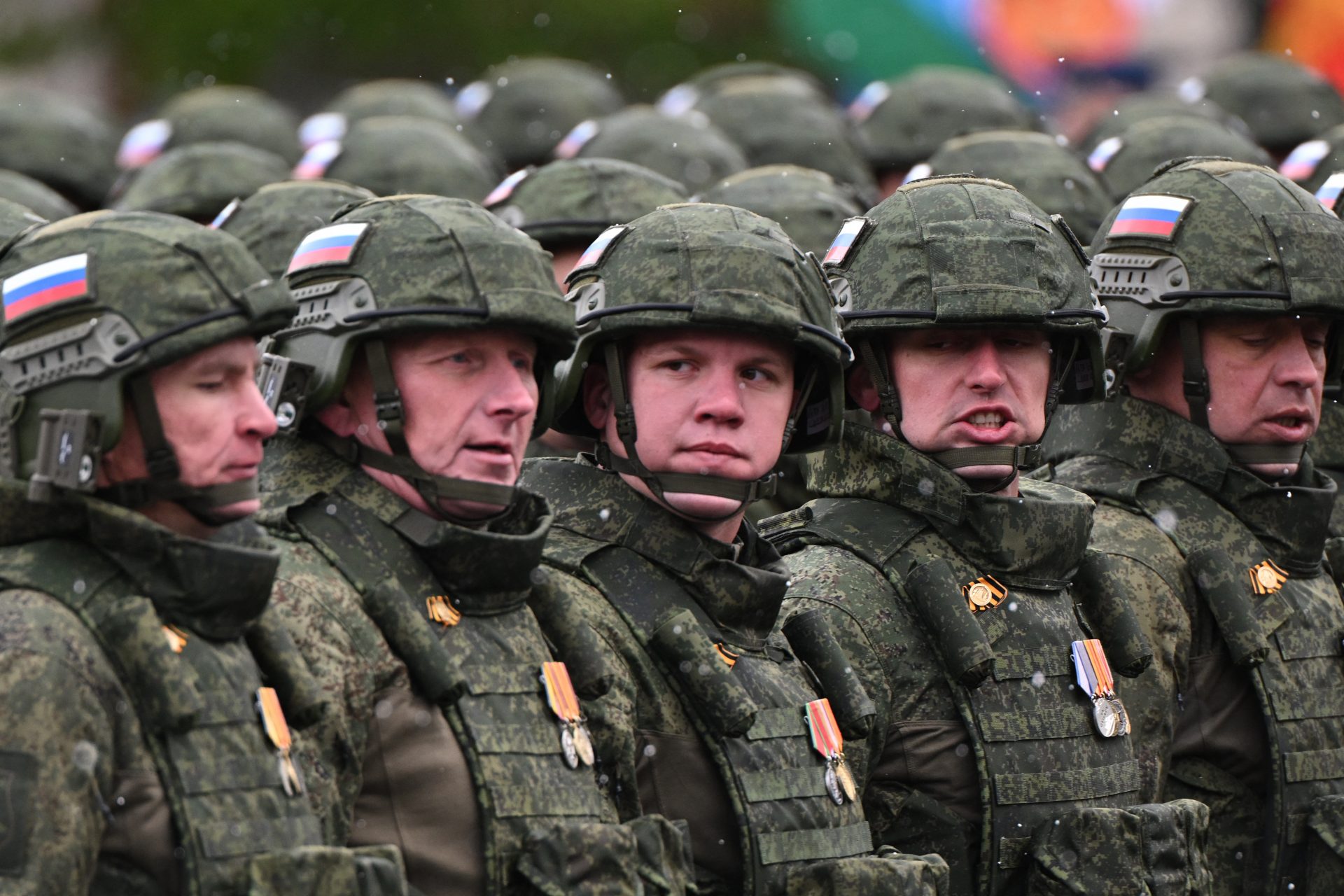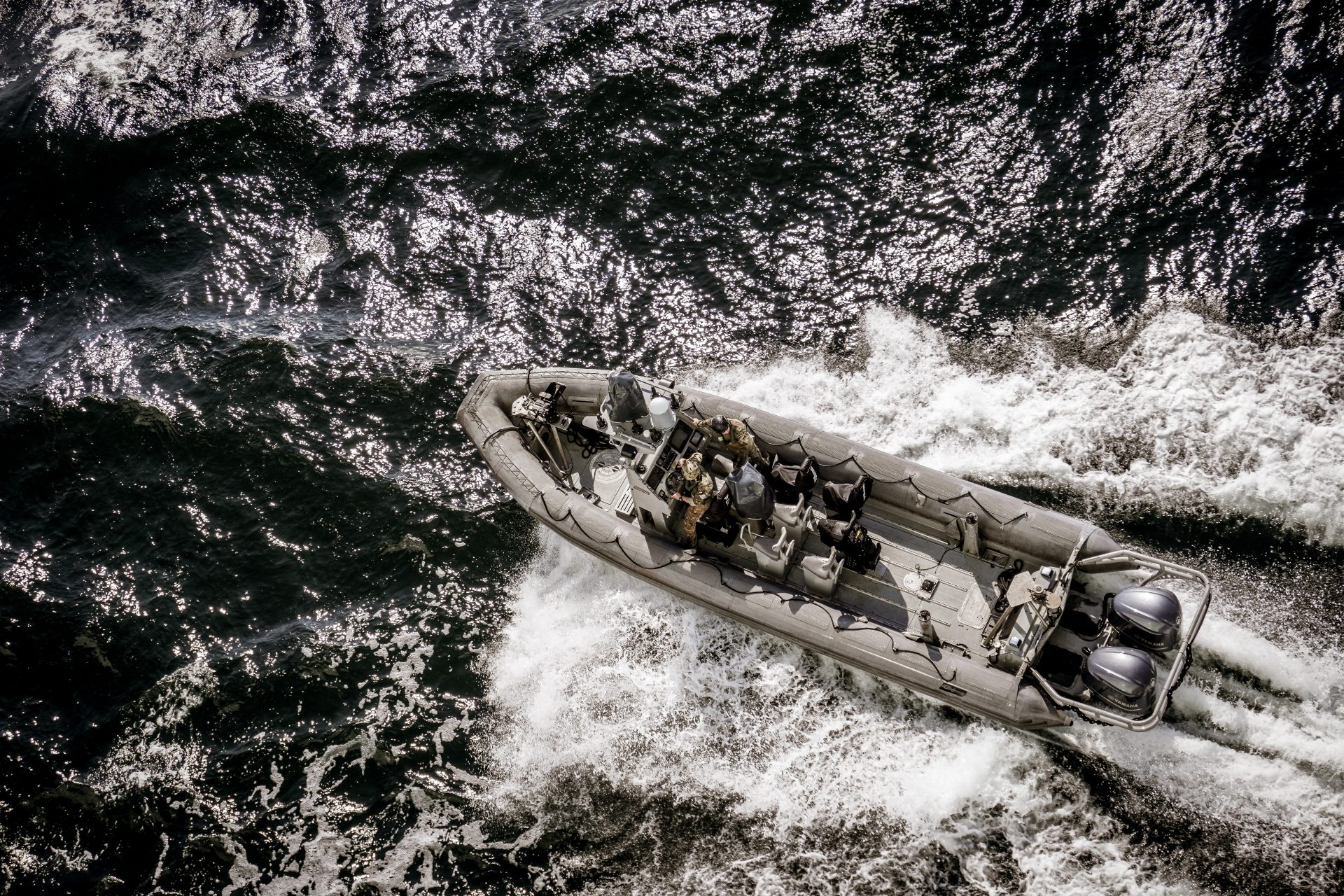Iran at the World Cup: Where sports meets politics
The United States defeated Iran 1-0 at the Qatar World Cup, thanks to a goal by Christian Pulisic at minute 38. It’s the end of the road for the Persian team. However, that's not the whole story.
It was the fifth time Iran had made it into the World Cup and, like previous iterations, it has never managed to get to the second round.
This was also the second time Iran and the United States have faced each other at the World Cup, with the first being during France 1998.
The Guardian described the 1998 match as “the most politically charged match in the history of the World Cup” and ended up 2-1, with a victory for Iran.
However, many things have changed in 24 years. The Iranian national football team stood out this time for different reasons in what has probably been the most controversial, polarizing World Cup tournament in recent memory.
Protests ignited by the death of Mahsa Amini have caused the biggest turmoil in Iran since the 1979 protests that deposed the Shah, as described by The Guardian.
The anti-government demonstrations have shaken virtually every level of Iranian life since mid-September, including sports. Several former famous footballers have been detained for speaking out against the regime.
According to London-based news channel Iran International, legendary Iranian football star Ali Karimi, unrelated to the current footballer of the same name, rejected an invitation by Qatar to attend and watch the World Cup matches.
Karimi responded with an open letter to the Emir of Qatar (pictured) where he stated that “there are more important issues for me than Football and I want to be with my people and be their voice”.
The current Iran national team, nicknamed Team Melli, was criticized for apparently remaining apolitical in the face of social turmoil. They met with Iranian President Ebrahim Raisi (pictured) hours before departing for Qatar.
Carlos Queiroz, the former Portuguese footballer who currently coaches the Persian team, had stated in a press conference any team member was free to join the protests while in Qatar, but must do so within the rules of the tournament.
During their Qatar opening match against England, the Iran national team refused to sing their country's anthem as a sign of defiance against the current government.
CNN cites an anonymous source that claims that the team met afterward with members of the Revolutionary Guard Corps, the Iran military branch dedicated to protecting the country's regime.
The Revolutionary Guard, labeled as a terrorist organization by the United States, threatened the families of the team players with “violence and torture” if they didn’t sing their national anthem or protested the Tehran regime in any way.
The Iran national team could be seen singing the country’s anthem in the next game, against Wales. Things, though, were different among the fans waiting to watch the match.
People holding Iran’s pre-revolutionary flag and signs with the name Mahsa Amini could be seen among the crowd.
According to the BBC, Iranian fans in favor and against the Tehran regime clashed, and stadium security had to intervene.
It’s uncertain what the Iran national football team will face when they return home. However, one thing is certain: they have demonstrated that is not just about football.
More for you
Top Stories
































